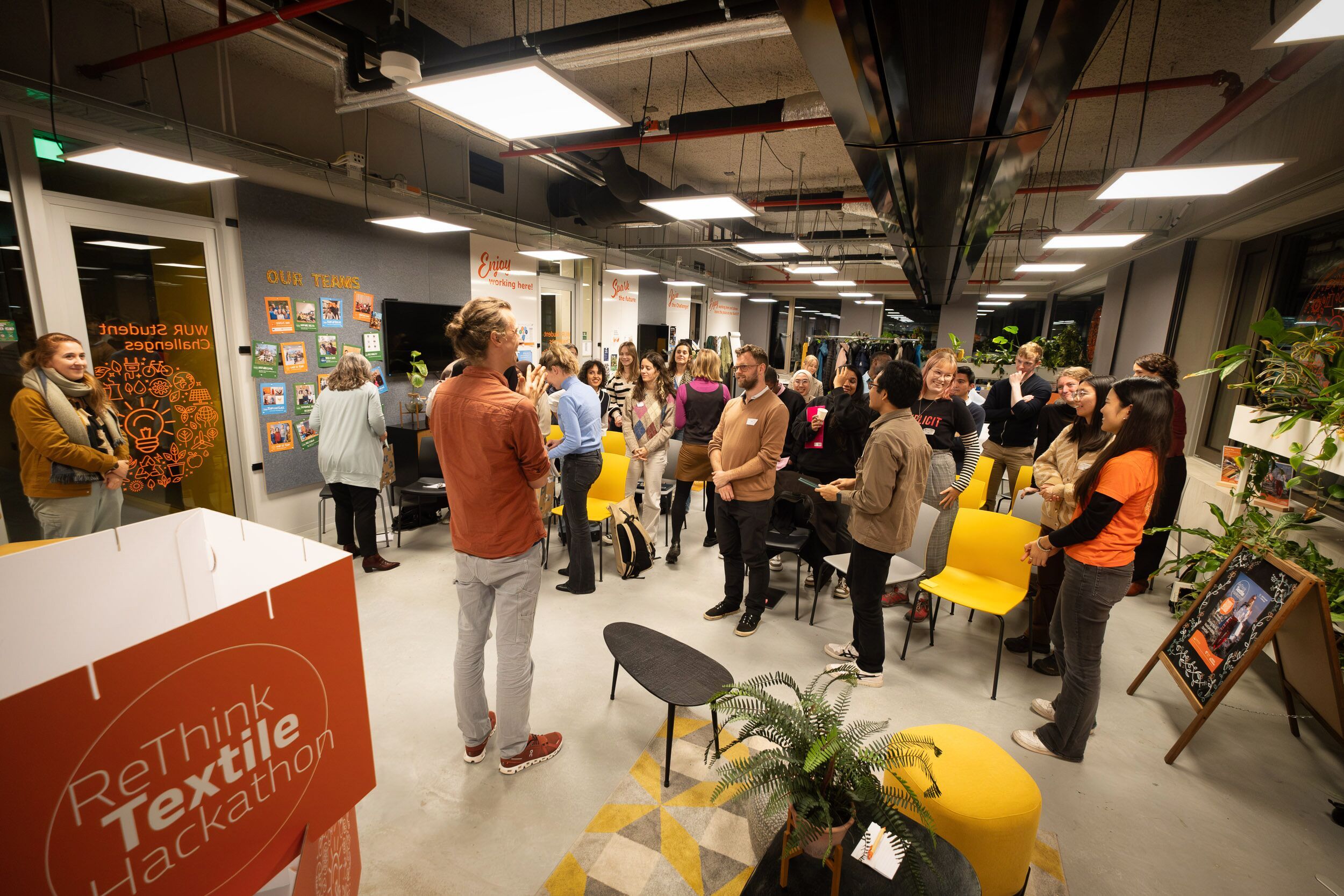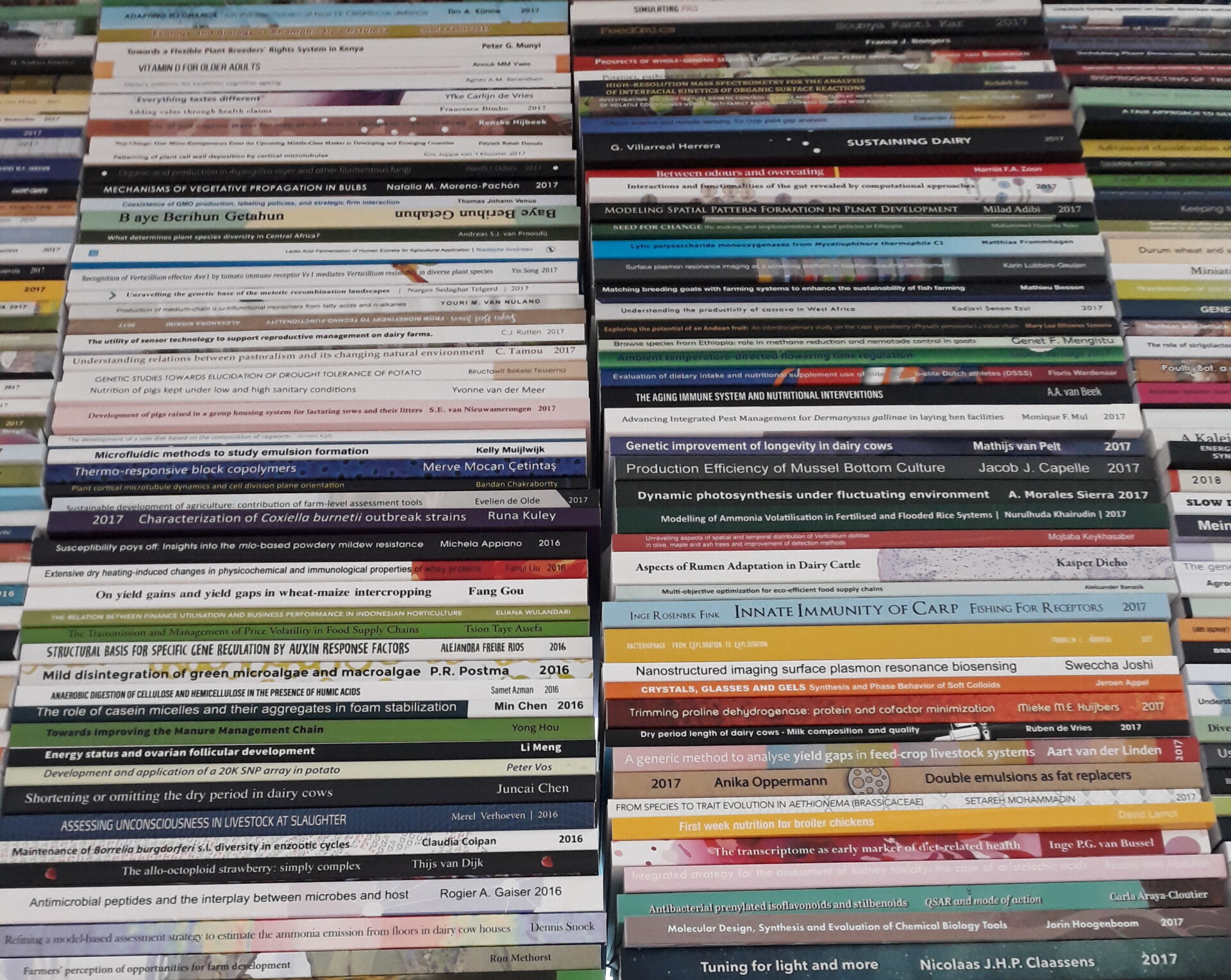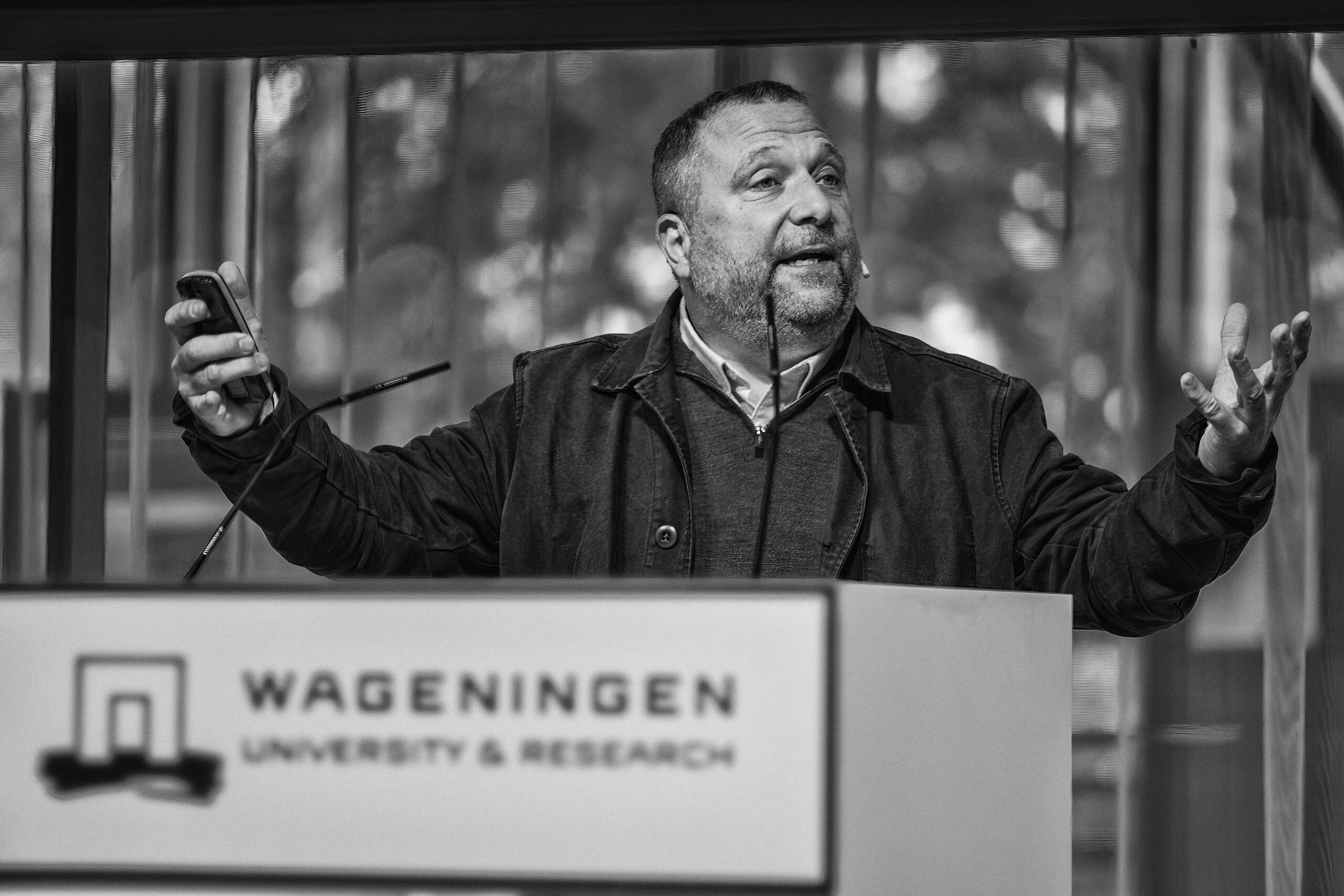Professor Mommer is the initiator of the Wageningen Biodiversity Initiative, a collective of WUR research efforts to stop biodiversity loss. A delegation of ten scientists represented WUR in Cali (Colombia), where no significant breakthroughs for biodiversity were achieved.
You did not go to Cali?
‘No. It would be nice to attend one, but we had excellent experts there. Jelle Behagel, for example, was part of the policy negotiations between various countries. Marielos Peña Claros attended the side events on the Amazon and Nico Polman on those about making our financial system more sustainable. The Dutch delegation was supported by Jeanne Nel, ESG’s Biodiverse Environments programme leader.
How relevant are the side events?
‘A COP is made up of two things: negotiations about regulations at a government level and exchange of knowledge and expertise at the so-called side events. There, thousands of people from across the globe meet and share knowledge and inspiration. That is where unity is achieved, and momentum for change is built. I feel that what happens bottom-up is crucial to what can be decided top-down.’
According to the news, very little progress was made again.
‘That is correct. But it is only the tip of the iceberg. Two important things were achieved. An agreement was reached on the use of genetic information (Digital Sequence Information) on plant varieties by the industrial sector. Corporates wishing to use such information will put 1 per cent of their profits towards biodiversity recovery. Another important issue is that Indigenous peoples will have a permanent seat at the UN tables on this topic.’
Why is a seat at a UN table important?
‘Indigenous peoples play an important role in nature management. Their living environment is in nature, and their knowledge goes back many generations. We should not force our Western ideas upon them; it should be the reverse. They deserve a seat at the biodiversity table.’
Once again, no agreements were reached on funding for biodiversity protection.
‘No. A mega-downer. At the last COP, it was agreed that 30 per cent of our land and waters must be protected by 2030. A sum of 750 billion is needed to achieve that, while only 200 billion has been pledged. So, there is a large financial gap. If we were to put all of the subsidies provided to polluting industries and mining towards this goal, there would be enough money to achieve it.’
Will we make it?
‘I am deeply worried about how slowly our governments respond to this urgent issue. But as long as there is unity, there is hope.’




